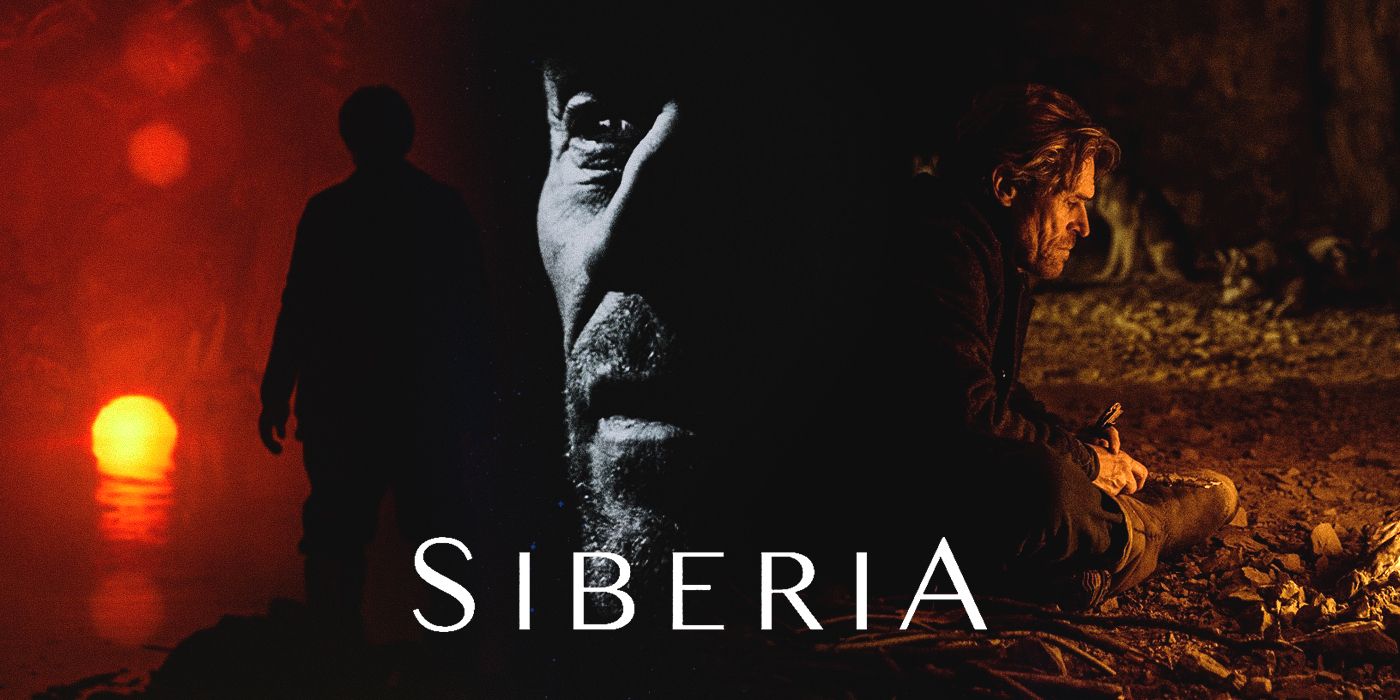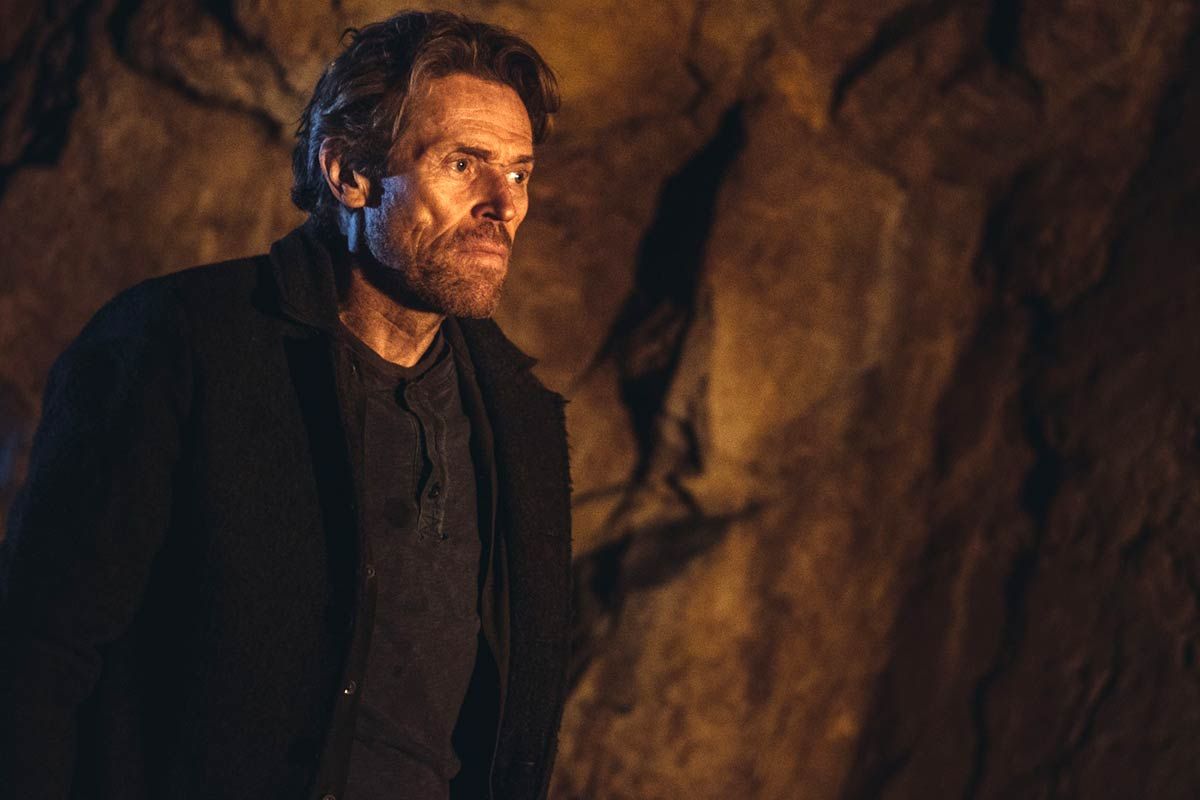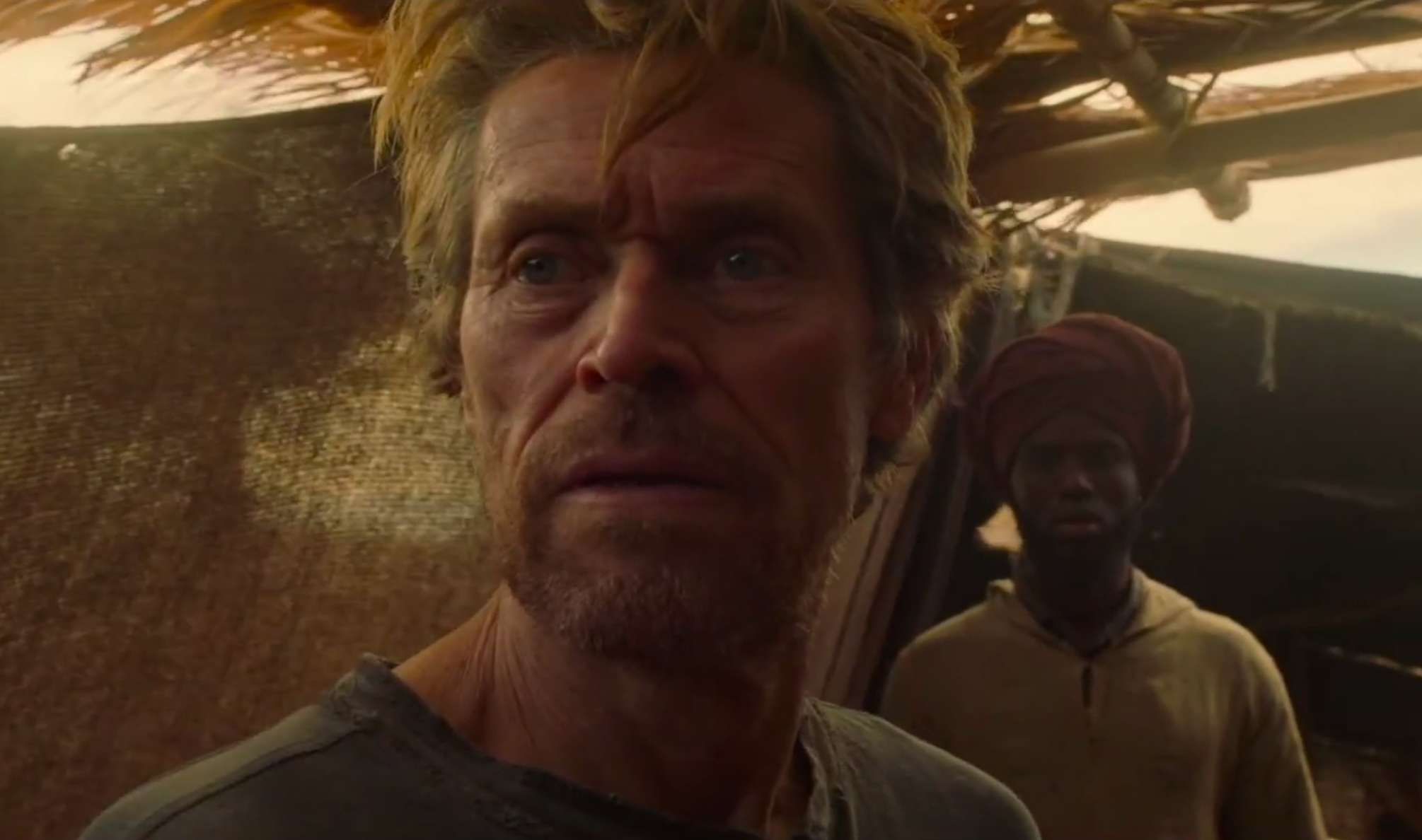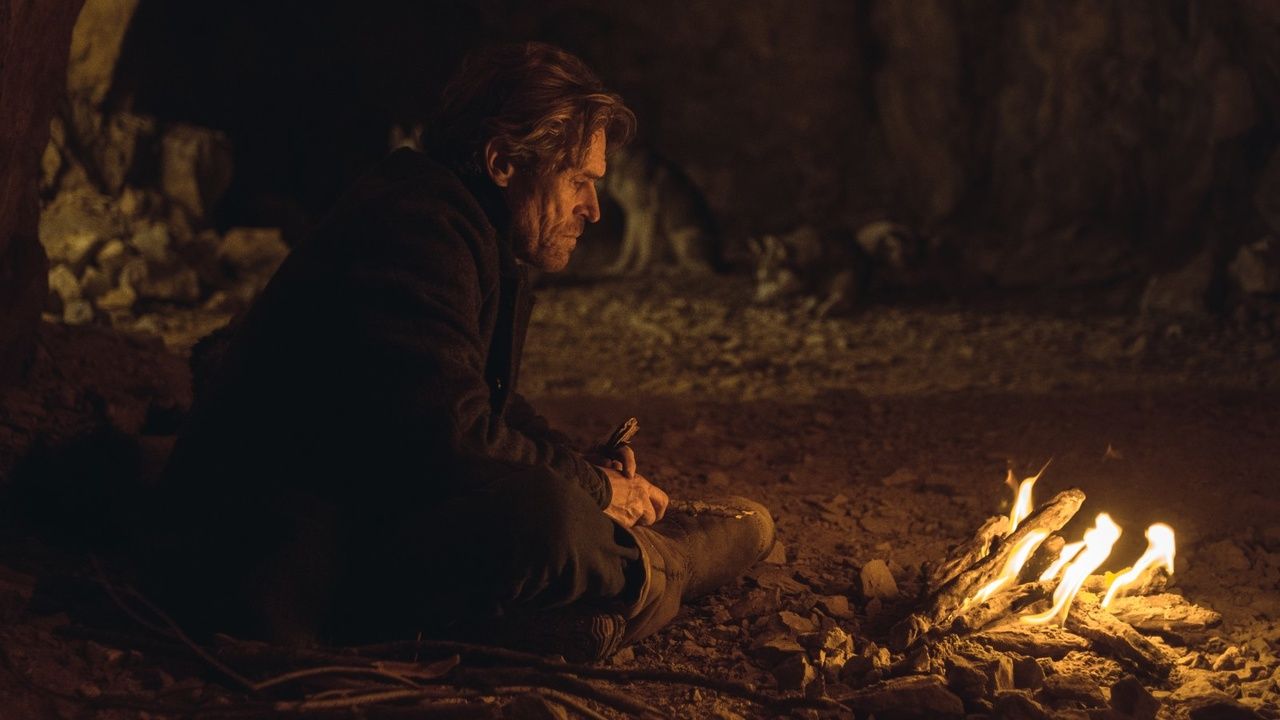2021 is the year of Willem Dafoe, but really, when is it not the year of Willem Dafoe? For decades, the four-time Academy Award nominee has been routinely appearing in multiple films per year; he’s a true chameleon who's able to make any character memorable regardless of screen time. In this year alone, Dafoe has already added some exciting new slots within his extensive filmography, which includes well over one hundred titles. He showed up as a prison accountant in The French Dispatch for his frequent collaborator Wes Anderson in a brief, yet humorous role, and he was clearly having a blast chewing the scenery in Paul Schrader’s The Card Counter as a villainous former U.S. Army sergeant involved in illicit experiments. Dafoe is set to appear in two of December’s buzziest titles: Guillermo del Toro’s fantasy noir Nightmare Alley and the superhero crossover Spider-Man: No Way Home, where he’ll reprise his iconic role as Norman Osborn/The Green Goblin.
These are all great supporting parts that identify the diversity of Dafoe’s talents, but the notion that great character actors can’t also play the lead simply isn’t true. In fact, many of Dafoe’s signature parts (The Last Temptation of Christ, Light Sleeper, At Eternity’s Gate) see him taking on complex, nuanced roles that many of Hollywood’s leading men couldn’t bring the same idiosyncrasies to. Earlier this year, he delivered a stunning performance in the psychological thriller Siberia, the latest work by the controversial auteur Abel Ferrara (The King of New York). Siberia finally made its way to theaters and VOD after debuting at last year’s Berlin Film Festival, and Dafoe’s performance is both completely unhinged and extremely challenging.
The film centers on the self-isolated Clint (Dafoe), who manages a remote bar in the blisteringly cold mountains of Siberia. Clint’s customers are few and far between and rarely speak English, and as a result, his communications with the world outside are minimal. Clint doesn’t make room for small talk, and Dafoe’s haunting gaze, methodical routine, and minimal dialogue suggest that this seclusion is by choice, and he has no plans of reentering society. Dafoe is one of those veterans who can hint at an entire history through his presence alone.
That history begins to reveal itself as Clint closes shop and ventures by sled to a nearby cave. Within the underground catacombs, strange supernatural occurrences begin to appear. Clint is haunted by memories of his past, and is transported across the globe as his soul seemingly inhabits the lives he once lived. Being a Ferrara film, there’s never a moment that stops and explains the madness; Siberia simply bounces from one extravagant dream sequence to the next.
Dafoe is uniquely positioned for this part; he's essentially playing multiple roles, which is a nod to his career as a character actor. Dafoe’s own diversity shows Clint’s development over time, as he himself can no longer identify with the painful memories he’s chosen to forget. Much of the film is completely abstract, but gradually there are hints of a wife and child Clint has abandoned, a domineering surgeon father, and a tragically departed brother. Their faces aren’t revealed, so you get doctor Dafoe, female Dafoe, and baby Dafoe all popping up within an unwieldy visual spectacle.
The film itself is Ferrara at his most indulgent, but it's the consistency that Dafoe brings to Clint’s character that holds it together. Is the meticulous operation of his workspace a trait he inherited from his precise father? Did he choose to live in an environment where English-speakers are rare because of his exasperation with years of marriage counseling? Is he responsible for his brother’s death, and is this cave a purgatory weighing Clint’s experiences to determine the value of his life? These are questions that have been tread upon in countless arthouse films and Twin Peaks wannabes, but Dafoe’s commitment to the weirdness makes it wholly engaging.
Dafoe is able to craft emotional moments even when they’re devoid of context. He’s clearly wracked with pain. When he pensively comments to his wife that “the only thing I’m guilty of is loving you too much,” it’s oddly heartbreaking, even if the origin of his guilt is unclear. The film spans from a vast African desert to a graphic wartime execution, but there’s a sense that Clint is actually searching for something. What that is, exactly, is just up for interpretation.
Siberia is a complete mess. Those adverse to Ferrara’s graphic content are unlikely to be won over by his latest venture, which only amplifies the graphic language, violence, and sexual content that he became so notorious for. Yet, Dafoe is able to make the latest experiment from a filmmaker no longer in his prime an intriguing watch for those that can tolerate the disturbing material. It’s one thing for an actor to hit a sharply written role out of the park, but it's perhaps a more impressive achievement when they make something out of a part that wouldn’t merit consideration otherwise.
Dafoe is more than just a scene-stealer. It's easy to characterize him as the sinister face from Spider-Man memes or just another one of Wes Anderson’s wacky follies, but his dedication to abstract parts is what makes him one of the industry’s most talented performers. A lead role by an actor of his magnitude is worth seeking out, even if it's not an instant classic.




